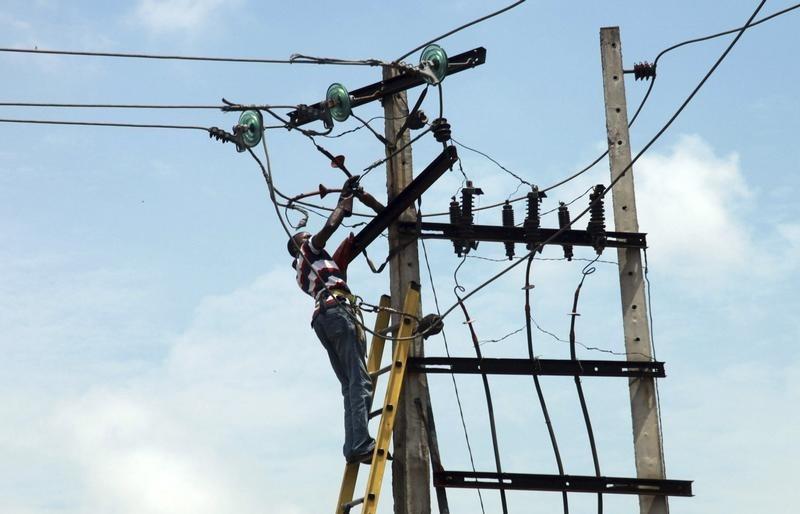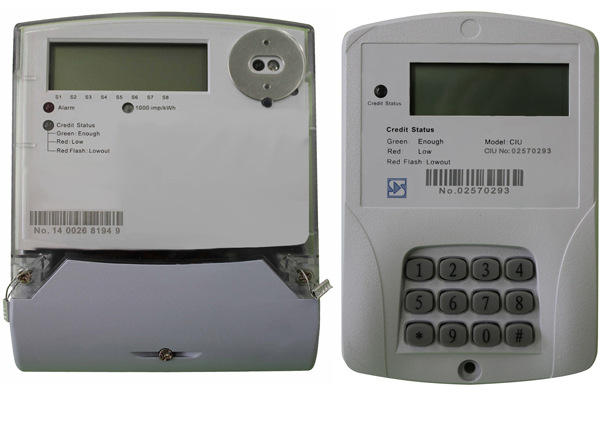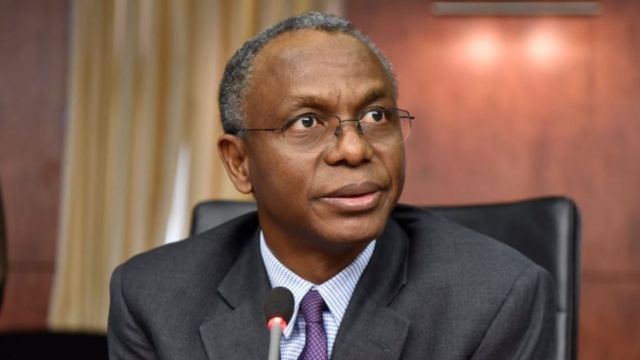
‘Power Sector Gulps $29.635bn In 16 yrs Without Result’
Association for Public Policy Analysis, APPA, has said $29.635 billion (about 6.52 trillion) had been spent in the power sector in the last 16 years without commensurate evidence on the ground.
President of APPA, Princewill Okorie, who disclosed this at a media interactive session in Abuja, said in spite of the huge expenditure, Nigerians spent over N796.4 billion annually on fuel to power generators.
According to him, “it is also estimated that Nigerians spent $13 billion to purchase generators to solve their industrial, commercial and domestic problems in 2016.”
He recalled that Olusegun Obasanjo administration spent $16 billion (N 3.52 trillion). Yar’Adua administration spent $5.375 billion (N 1.183 trillion) and Goodluck Jonathan spent $ 8.2 billion (N1.817 trillion).
According to him, “During Dimeji Bankole investigation of power sector at House of Representatives, it was discovered that about 2,500 containers of imported power equipment worth about $5 billion were abandoned at Lagos port and it attracted demurrage valued at N4 billion.”
Okorie also revealed that the Central Bank of Nigeria under its Nigeria Electricity Market Stabilisation Funds, NEMSF, set up in December 2014, planned to inject N213.41 billion into the power sector for the purpose of settling outstanding payment obligations due to market participants, service providers and Gas suppliers under the interim rules period.
He said: “Of the amount pronounced, N120.2 billion was disbursed to various qualified market participants before the fund was suspended as a result of operating technical issues.
N61 billion could be contributed by the World Bank’s programme for results. Part of the funds will go towards a performance-based loan to enable the Nigeria Bulk Electricity Trading Company to pay 100 per cent of its wholesale invoices in full and on time.
“The sum of N315 billion will go towards power assets ownership restructuring and settlement of DISCOs debts, which were created on account of Federal Government’s refusal to allow cost reflective tariff regime.” Okorie noted that despite all the above-mentioned funds injected into the power sector, evidence on the ground was not encouraging.
The APPA lamented that, when the government was focused on sinking billions of dollars in the sector with little or no sign of improvement, the power-consuming public had been rendered vulnerable of exhortation and exploitation by the electricity Distribution Companies, DISCOs. Okorie said DISCOs were deploying all manners of crooked and twisted means just to exploit electricity consumers, especially through the estimated billing system. The revelation of disparity in the billing of government agencies by the Federal Executive Council and the Minister of Power, Works and Housing, Babatunde Fashola reveals the precarious situation of electricity consumers in the hand of the Distribution companies.
“If there could be arguments between DISCOS and Federal Government to the extent of setting up verification committee to verify the amount (If money DISCOS claim they are being owed, what happens to small consumers who lack the technical competence for verification of DISCOS’s claims?
“If a differentia of N41 billion is seen in the DISCOS claim, it shows that smaller consumers billed on estimation are being reaped off by DISCOS.
“Again, that DISCOS are owing NBET up to N500 billion is an issue of concern. How can DISCOS who disconnect consumers for N5, 000.00 only have the moral courage to owe Up to N500 billion naira to Nigeria Bulk Electricity Trading Company? There is a serious need for the electricity consumer protection effort in Nigeria.
“The above narrative brings to the fore, the need to apply the principles of transparency and accountability in monitoring developments in the nation’s power sector to ascertain how the funds that are being injected into the power sector are being utilized.



